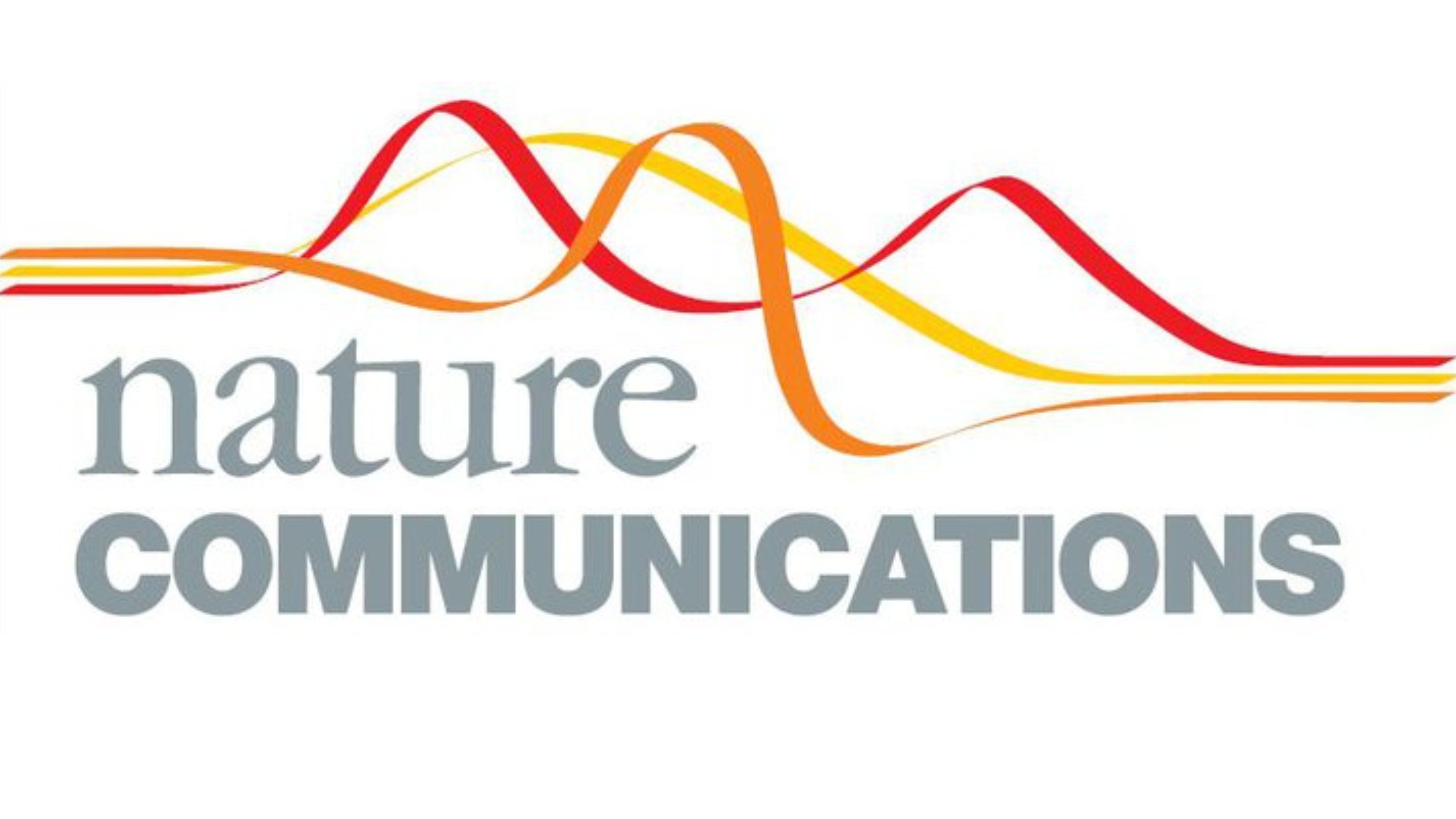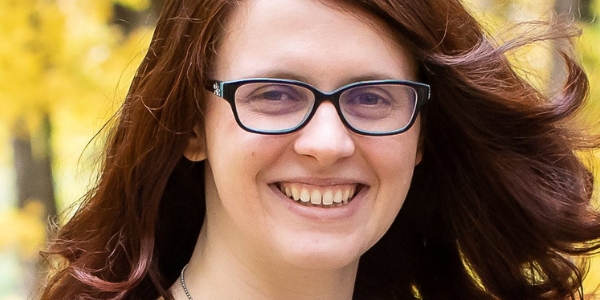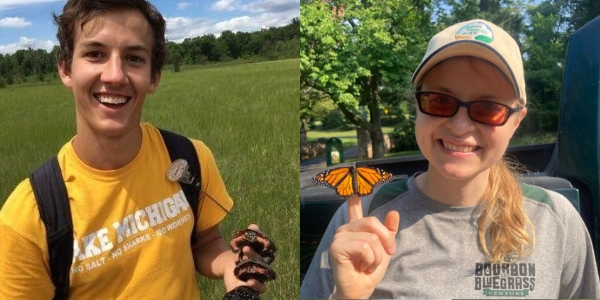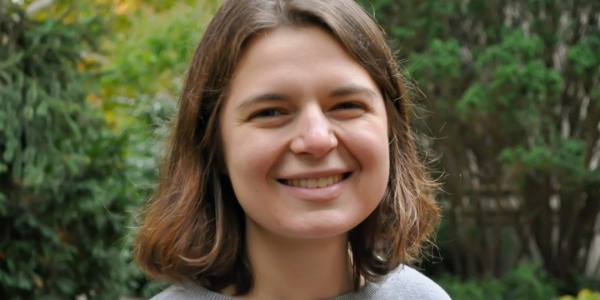Building on Beal: The power of basic science
While Frank Telewski patiently waits for an opportunity to extract one of Wiliam Beal's Bottles, Richard Lenski, a professor in the Department of Microbiology and Molecular Genetics and the Ecology, Evolution, and Behavior Program, goes to work in his lab inside MSU's Biomedical and Physical Sciences Building.
As he or a lab member had done every day for the past 32 years, Lenski took 1 percent of E. coli bacteria from 12 different flasks and placed each sample into fresh media. The 30-minute task represents a grinding effort to gain rich insights into the process of evolution. Over the past three decades, more than 100 graduate students, postdocs and undergraduates at MSU and in labs around the world have engaged with Lenski's long-term project, studying changes in the bacteria's growth rates, cell sizes and shapes, physiology and genetic code. Lenski's lab also does periodic quality controls, freezing samples to provide a record that Lenski's team can later compare against current samples.
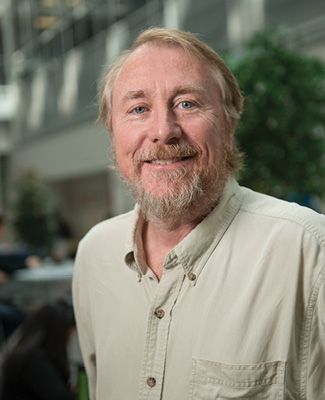
Like Beal, Lenski holds an intense interest in nature's inherent mysteries, an enthusiasm for nature that compels him to drill deeply into basic science exploration capable of propelling humanity and understanding. His guiding inquiry with the E. coli experiment: How repeatable is evolution?
And like Beal, Lenski isn't afraid of time.
But time can't be rushed, and Lenski, an evolutionary biologist, once nearly ended his experiment. After a decade of seeing a slowing rate of change in his bacteria and convinced the project had run its course, he told his wife and colleagues that he was shutting it down. They all urged him to reconsider.
"Fortunately, I'm easy to convince," Lenski joked.
In 2003, 15 years after the experiment's birth, Lenski's team noticed a change in one of the flasks. Though Lenski initially feared a contaminant, his team soon determined that the bacteria in one flask had begun consuming citrate, a previously untapped source of energy for the bacteria in their culture medium.
Since that breakthrough, Lenski said the experiment has continued to surprise. The bacteria are adapting in complex ways, generating their own ecosystems within the flasks and growing at faster rates. The E. coli, in fact, surge through seven generations each day, and the experiment has now surpassed 73,000 generations.
Read more at MSU alumni.
